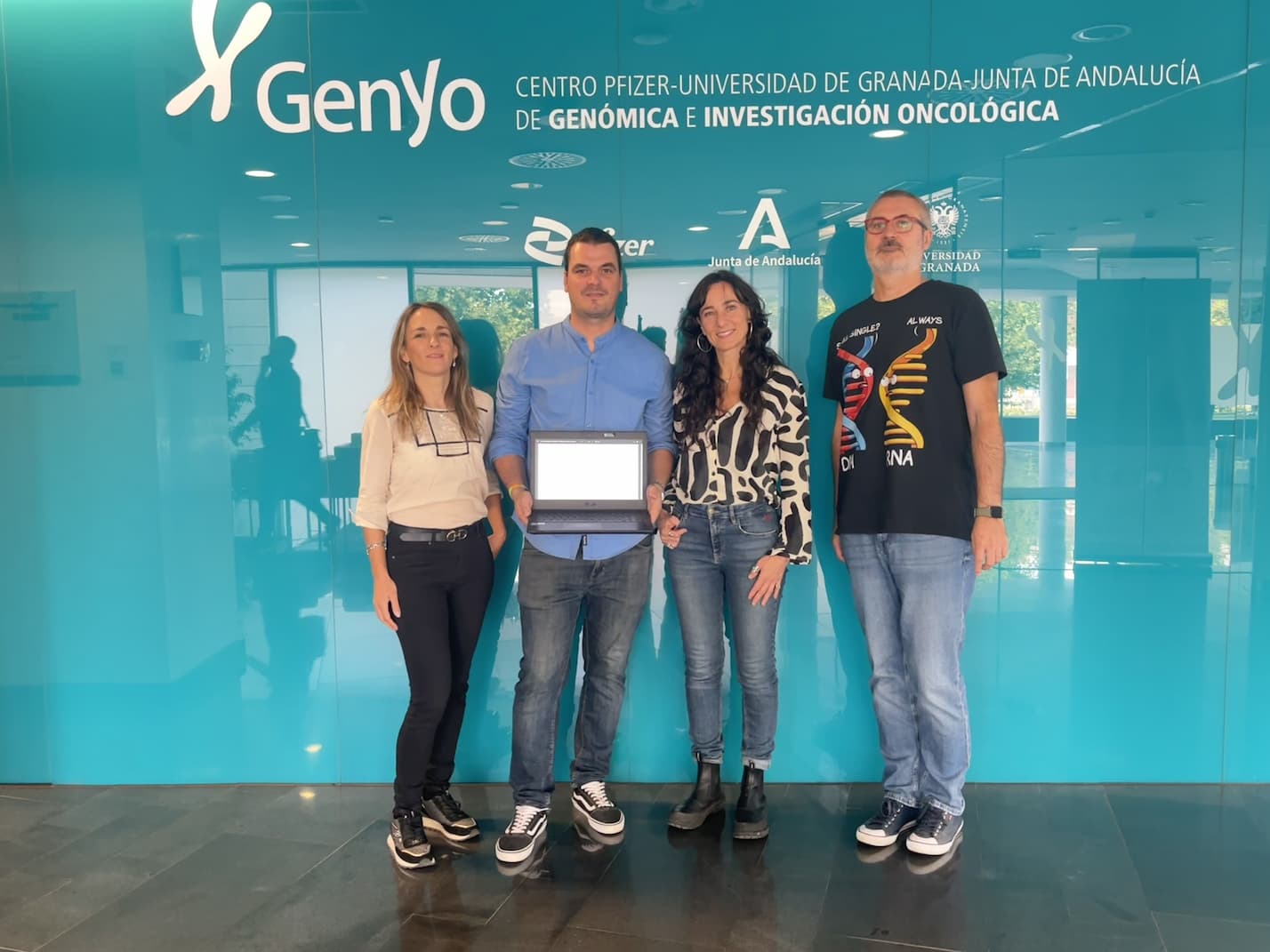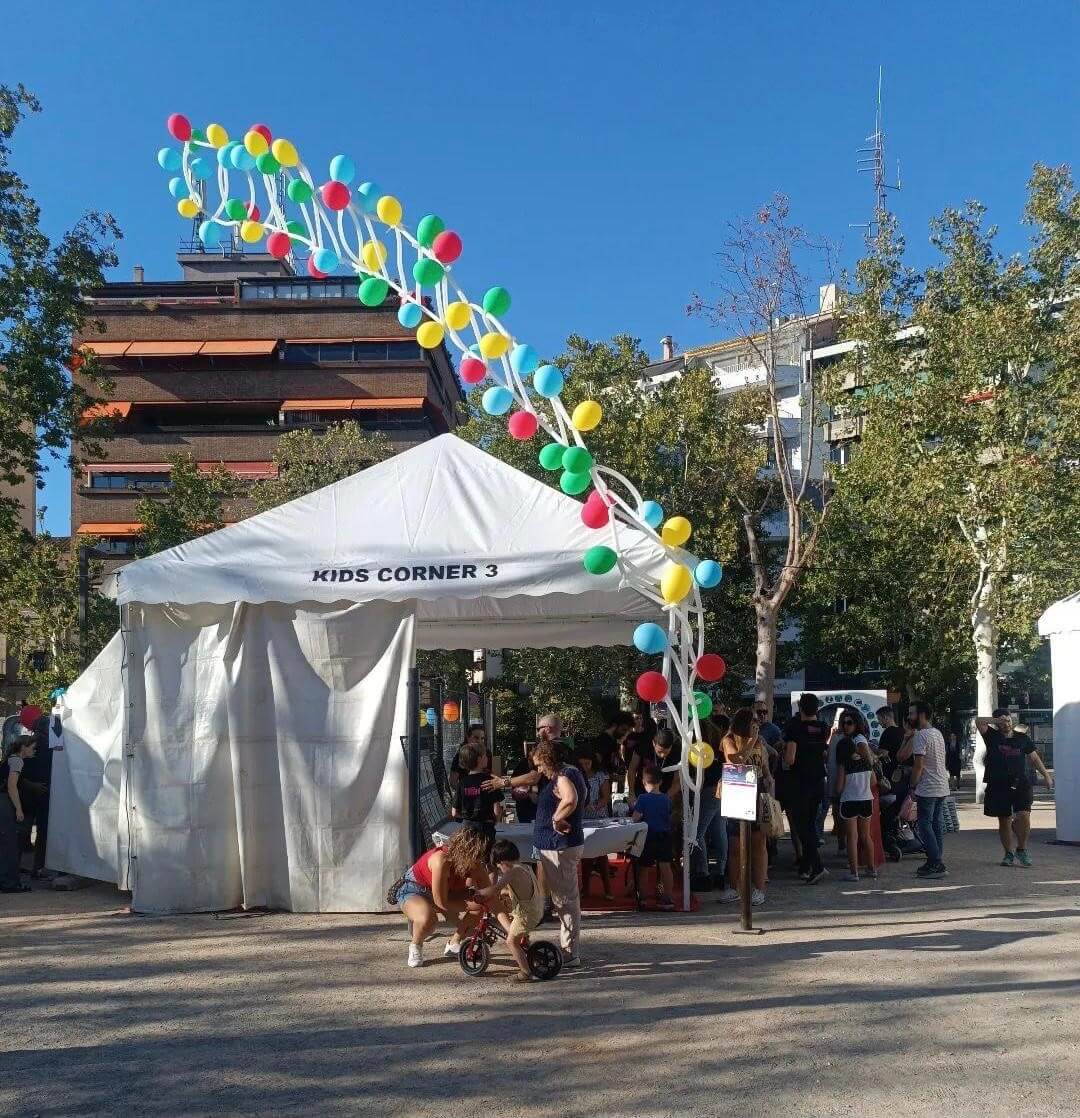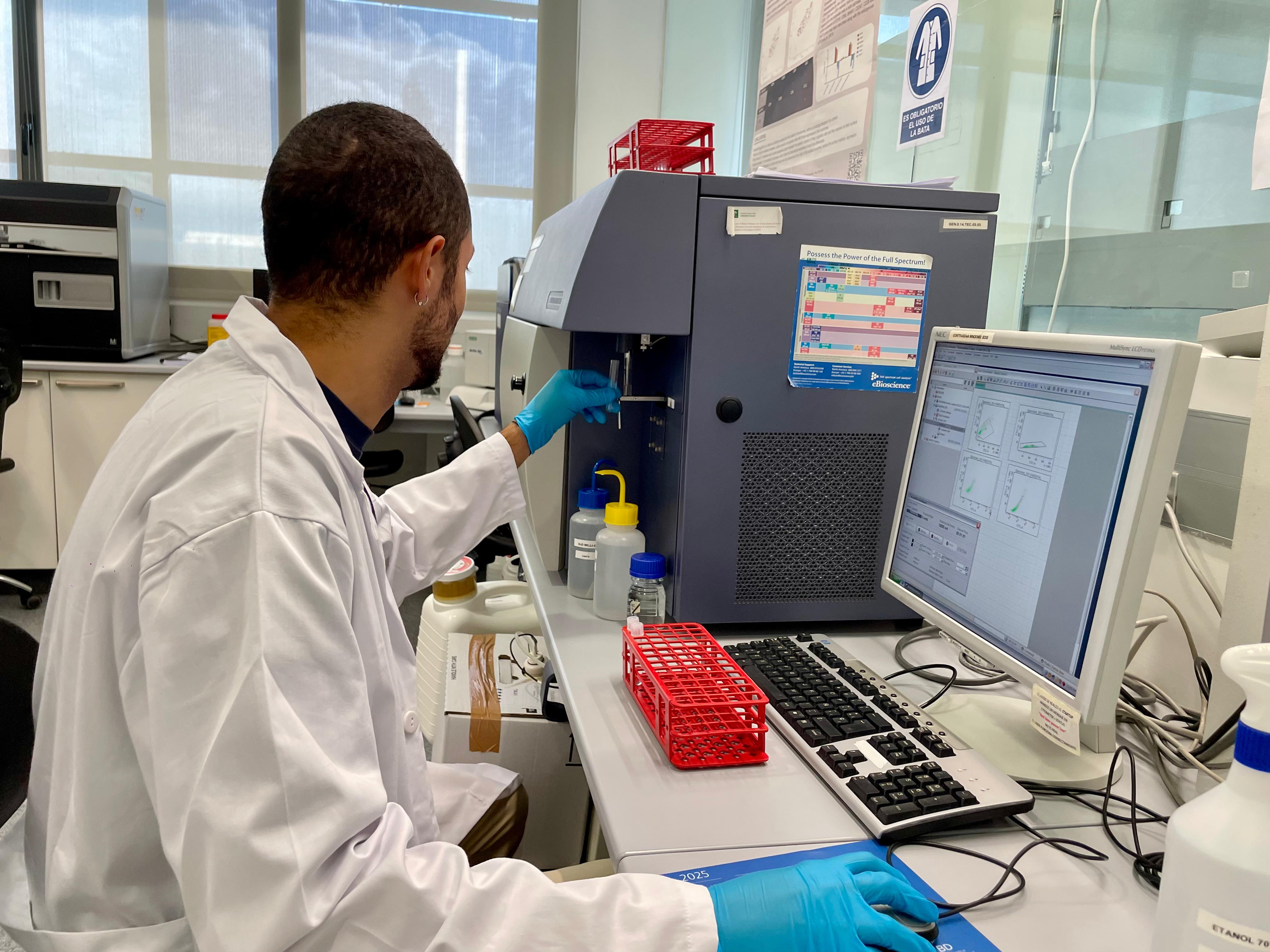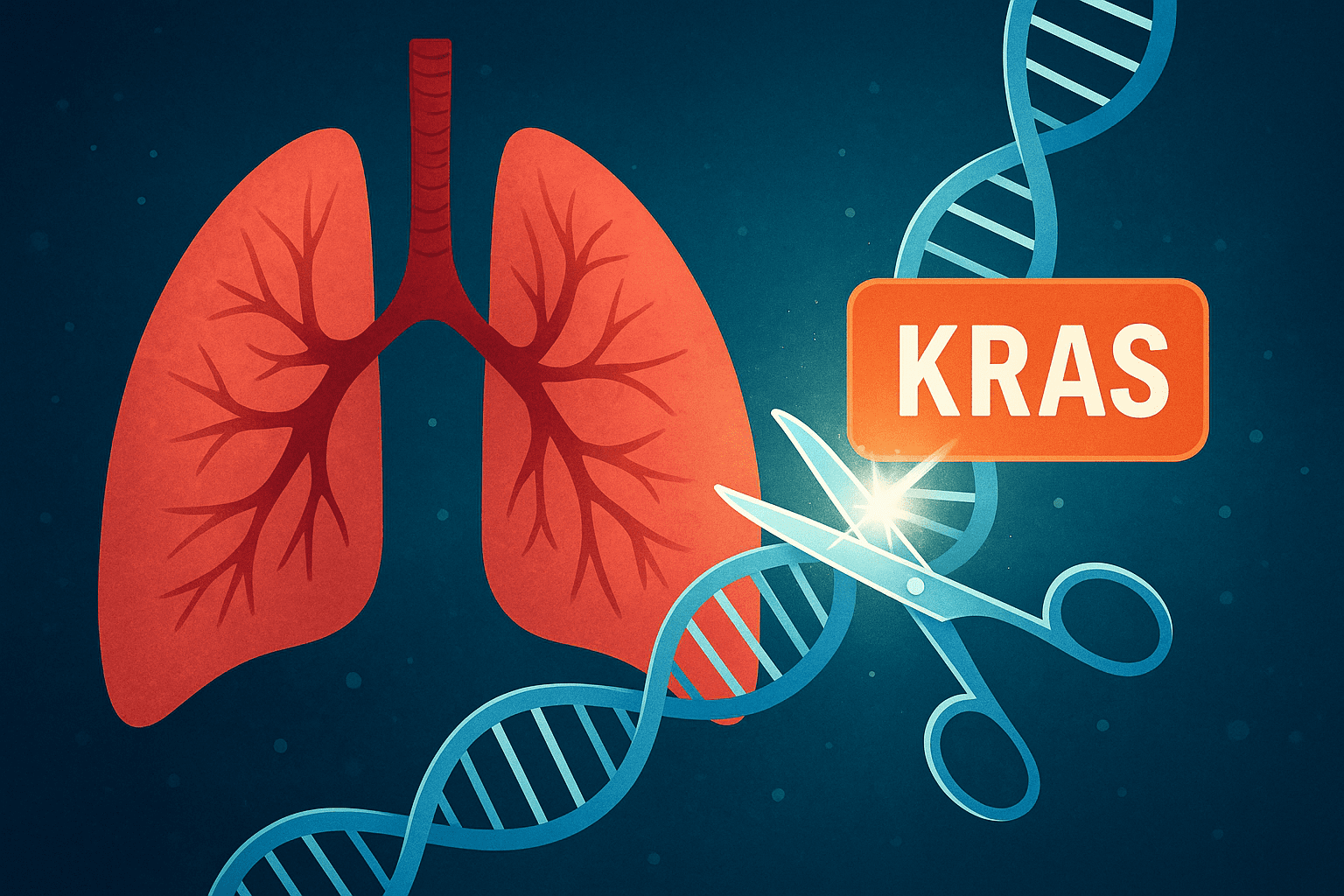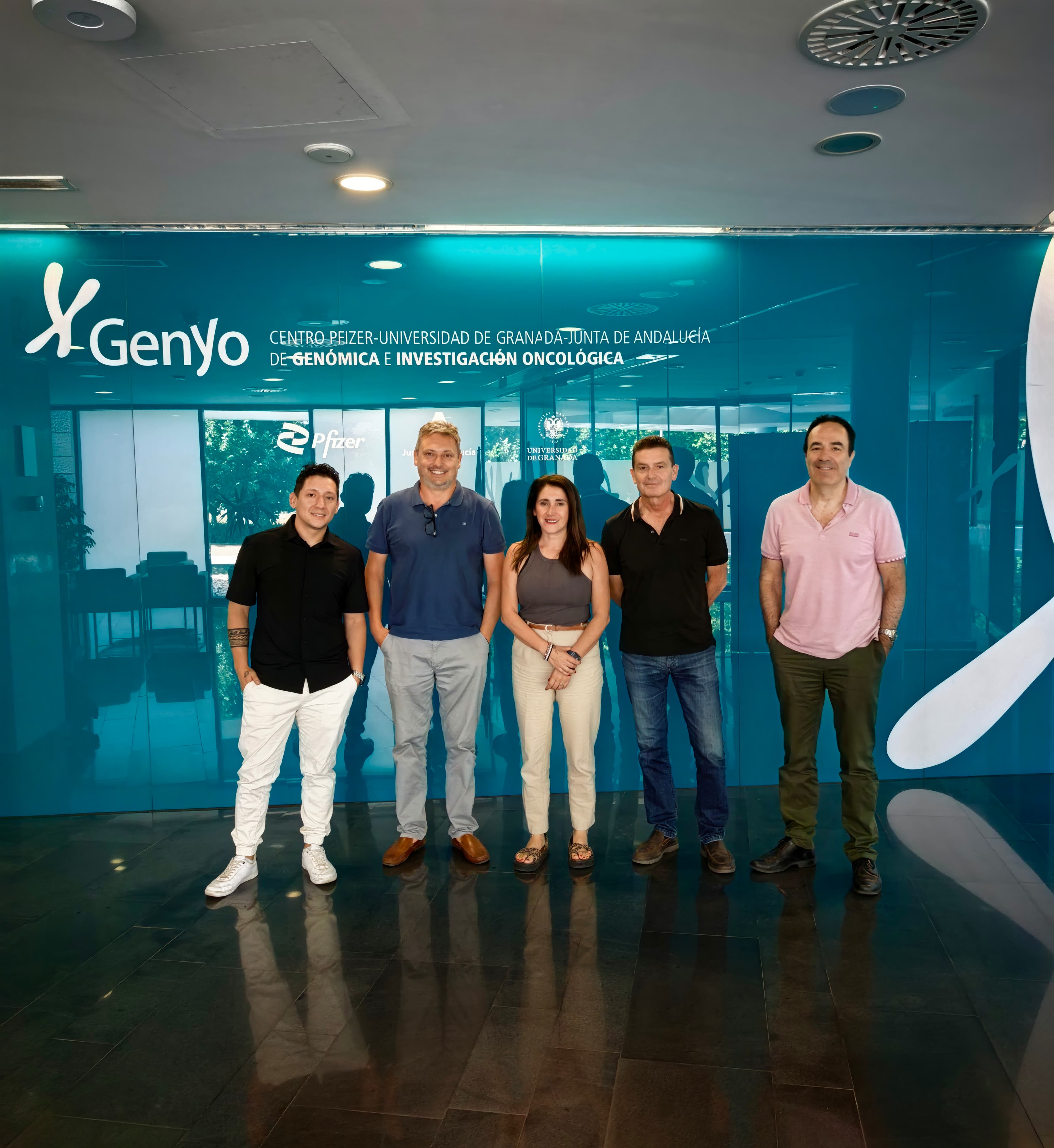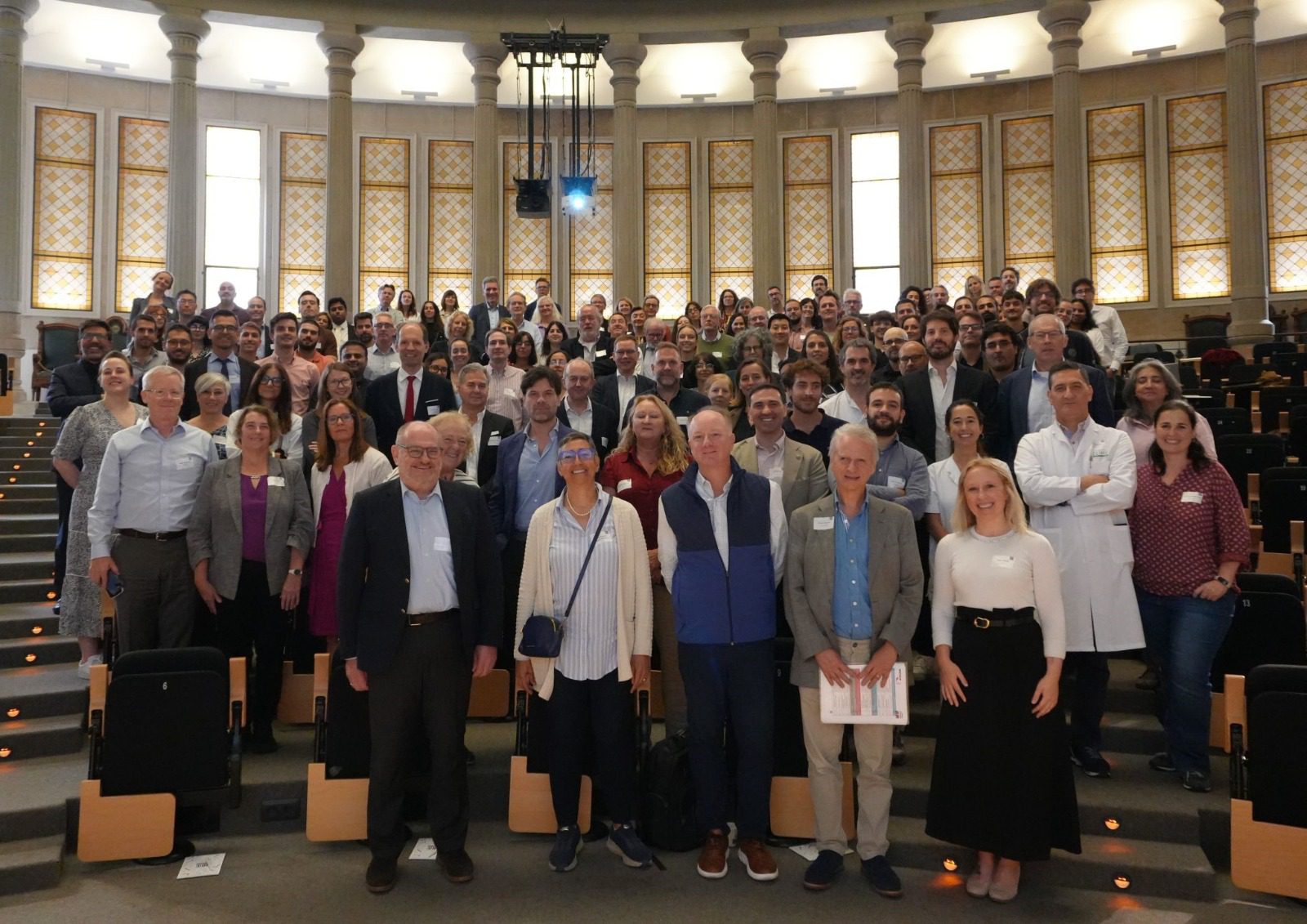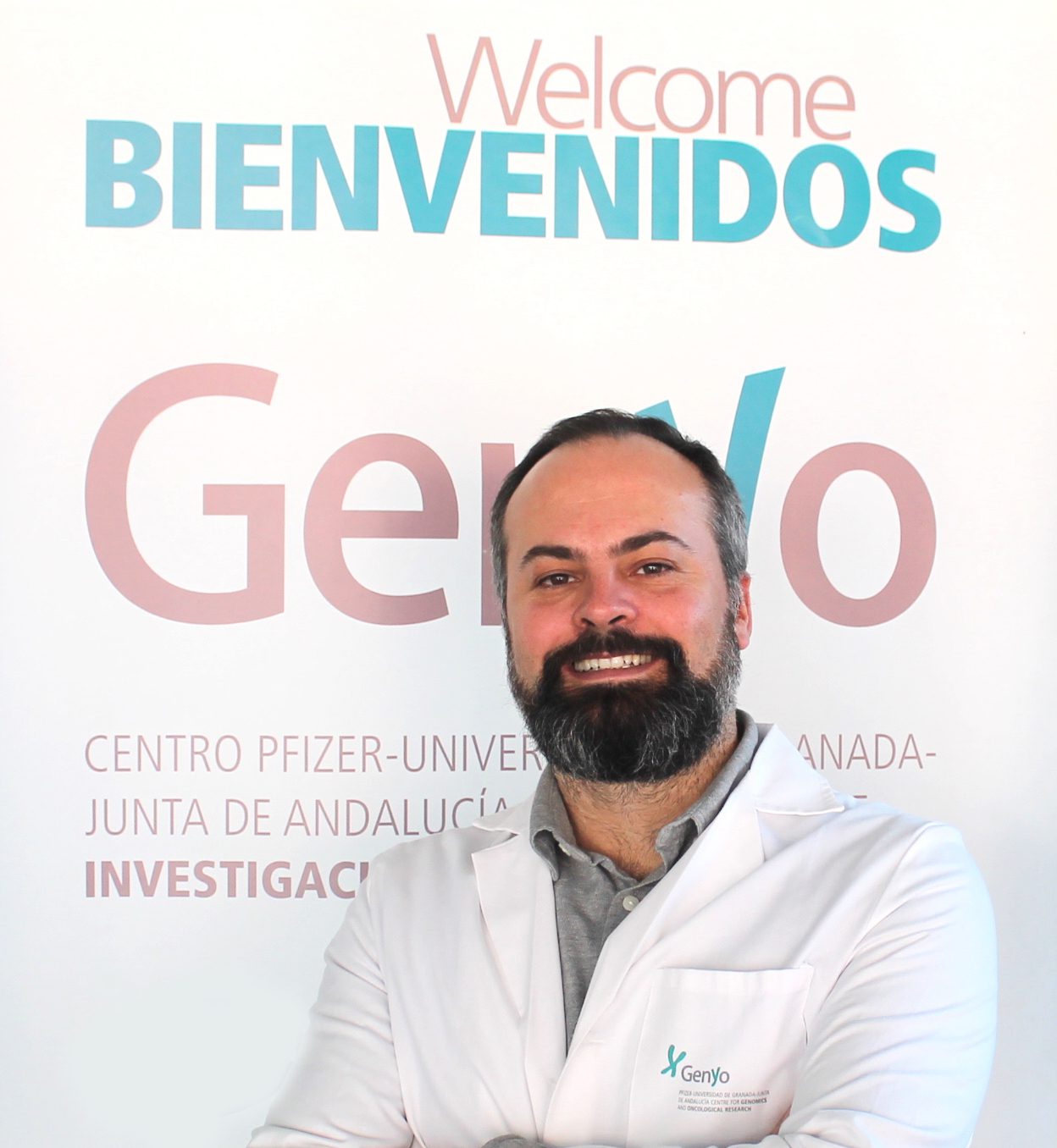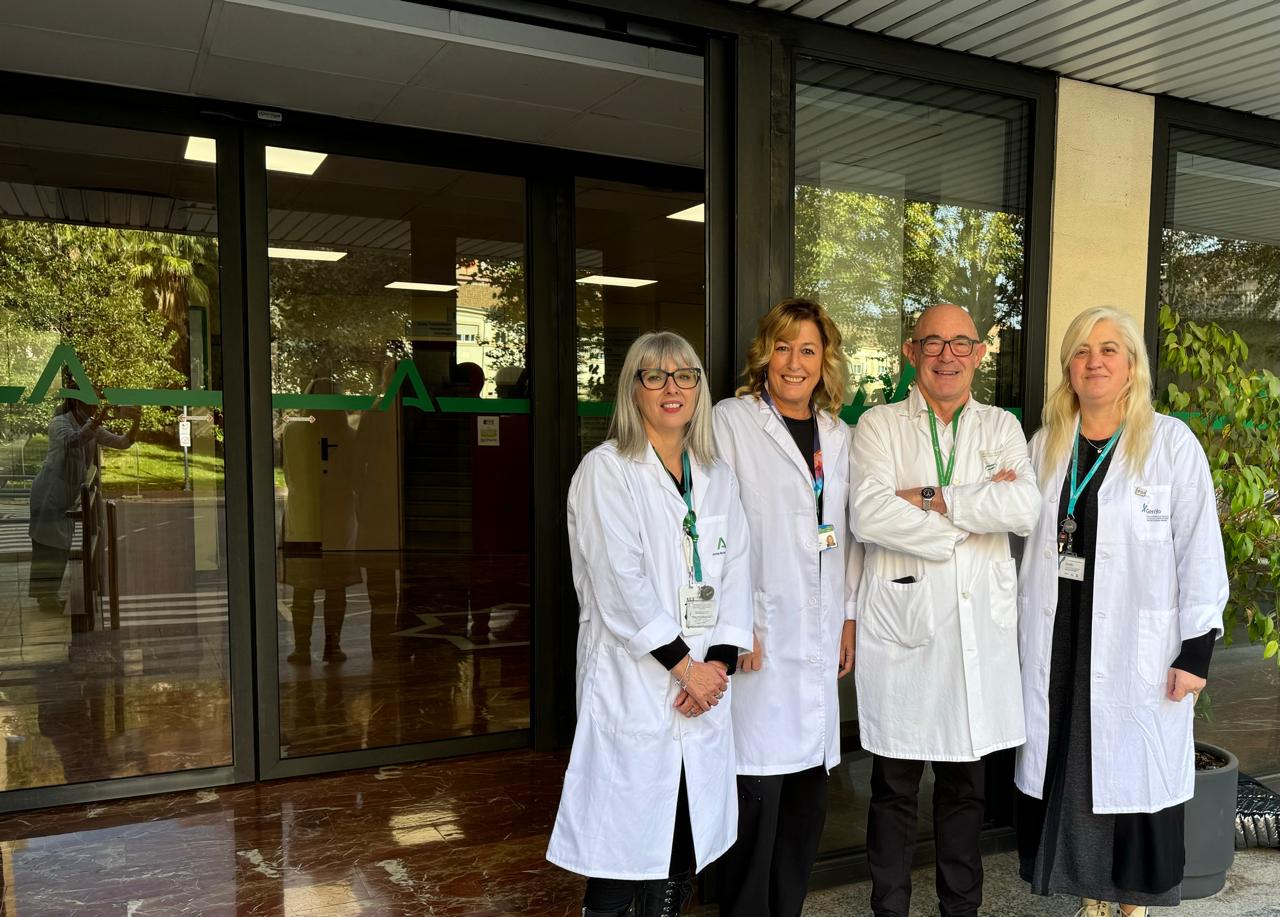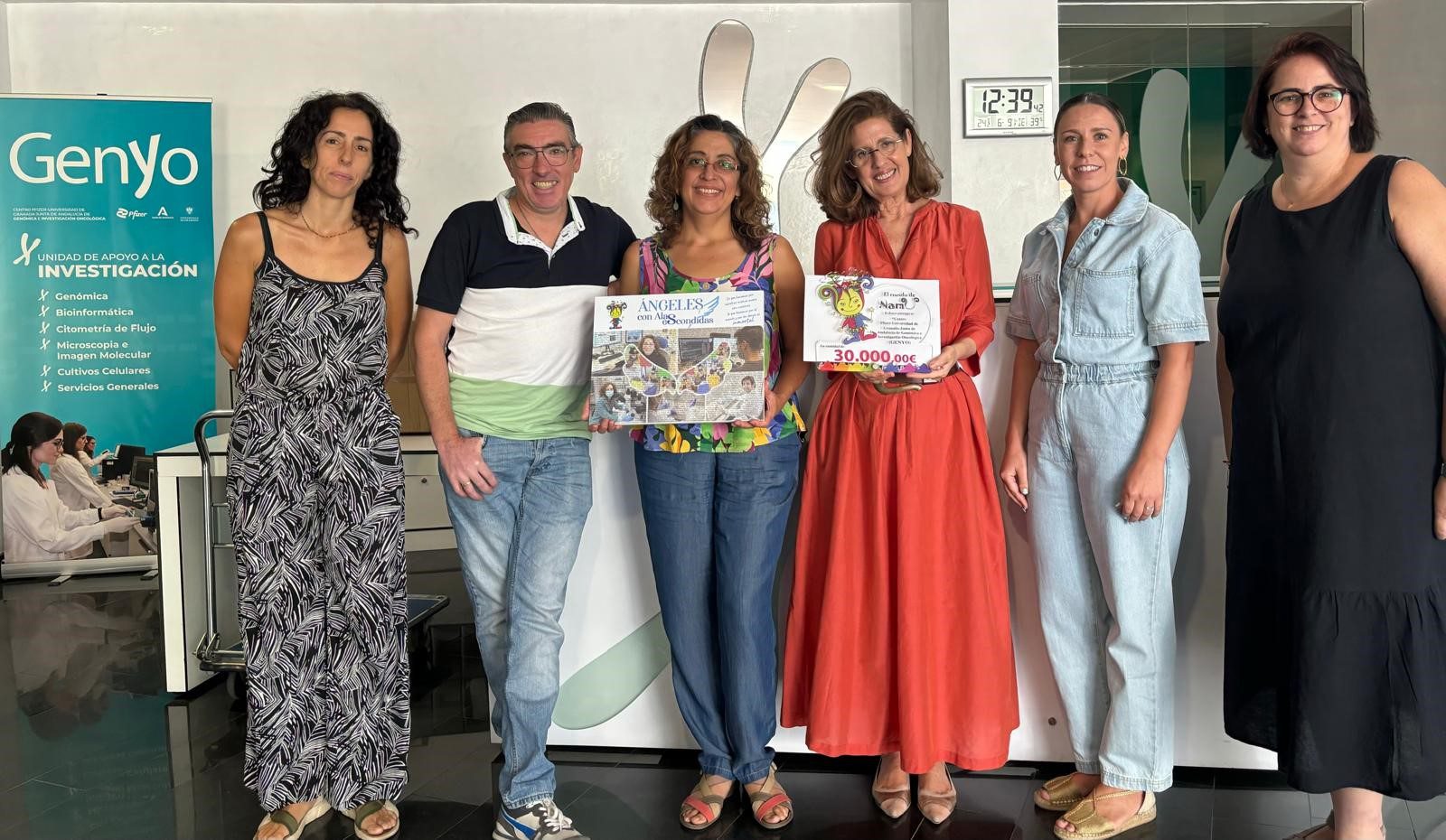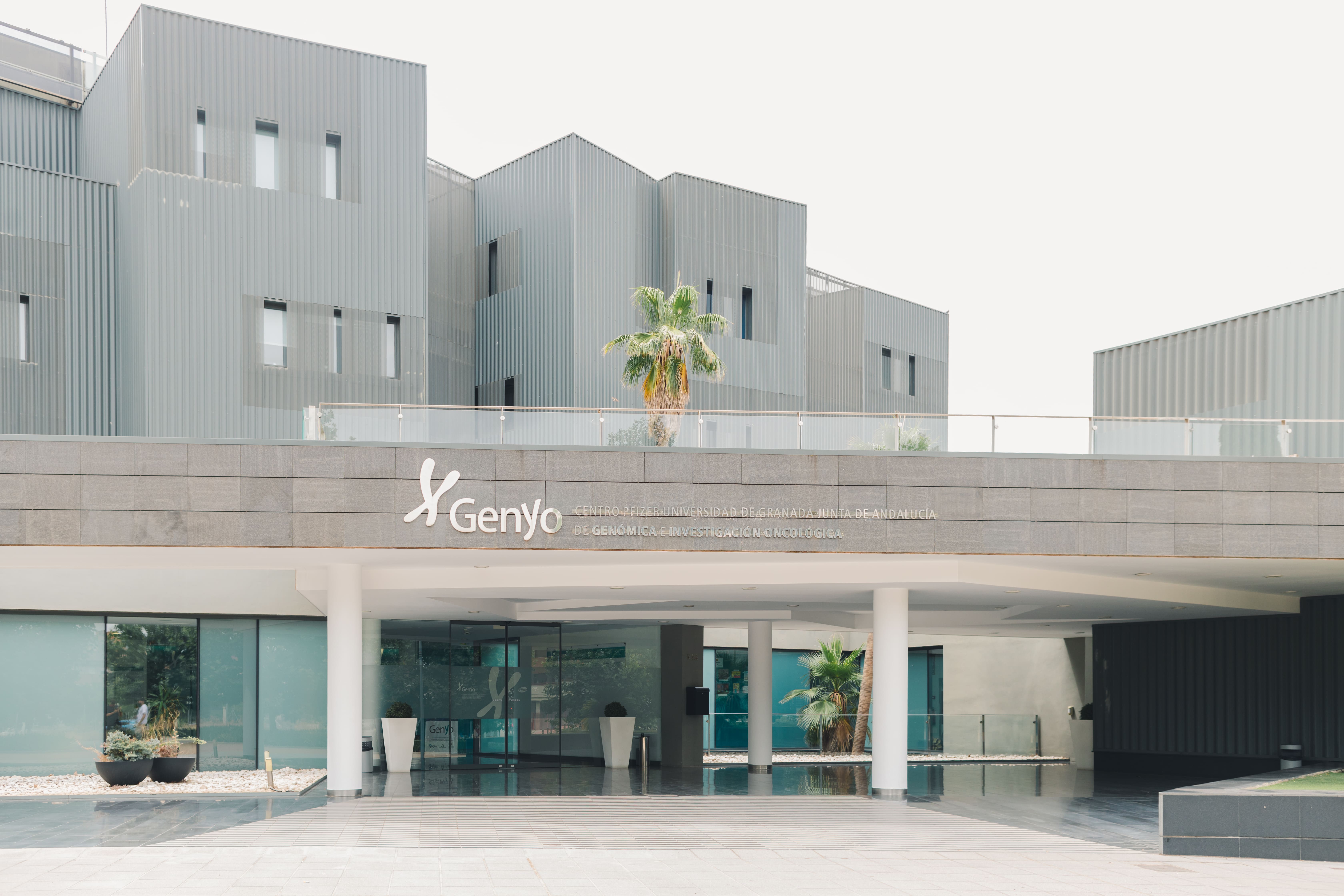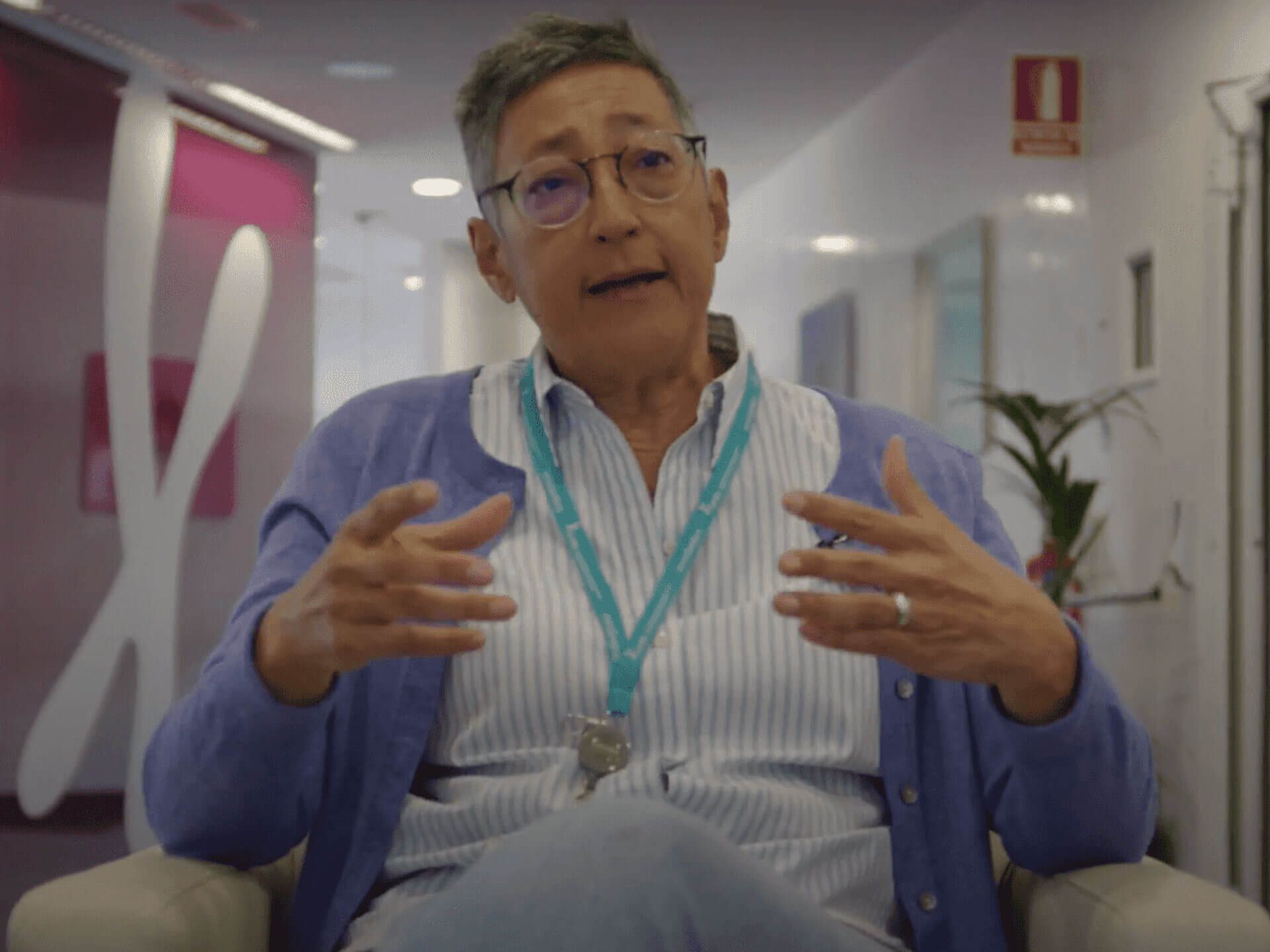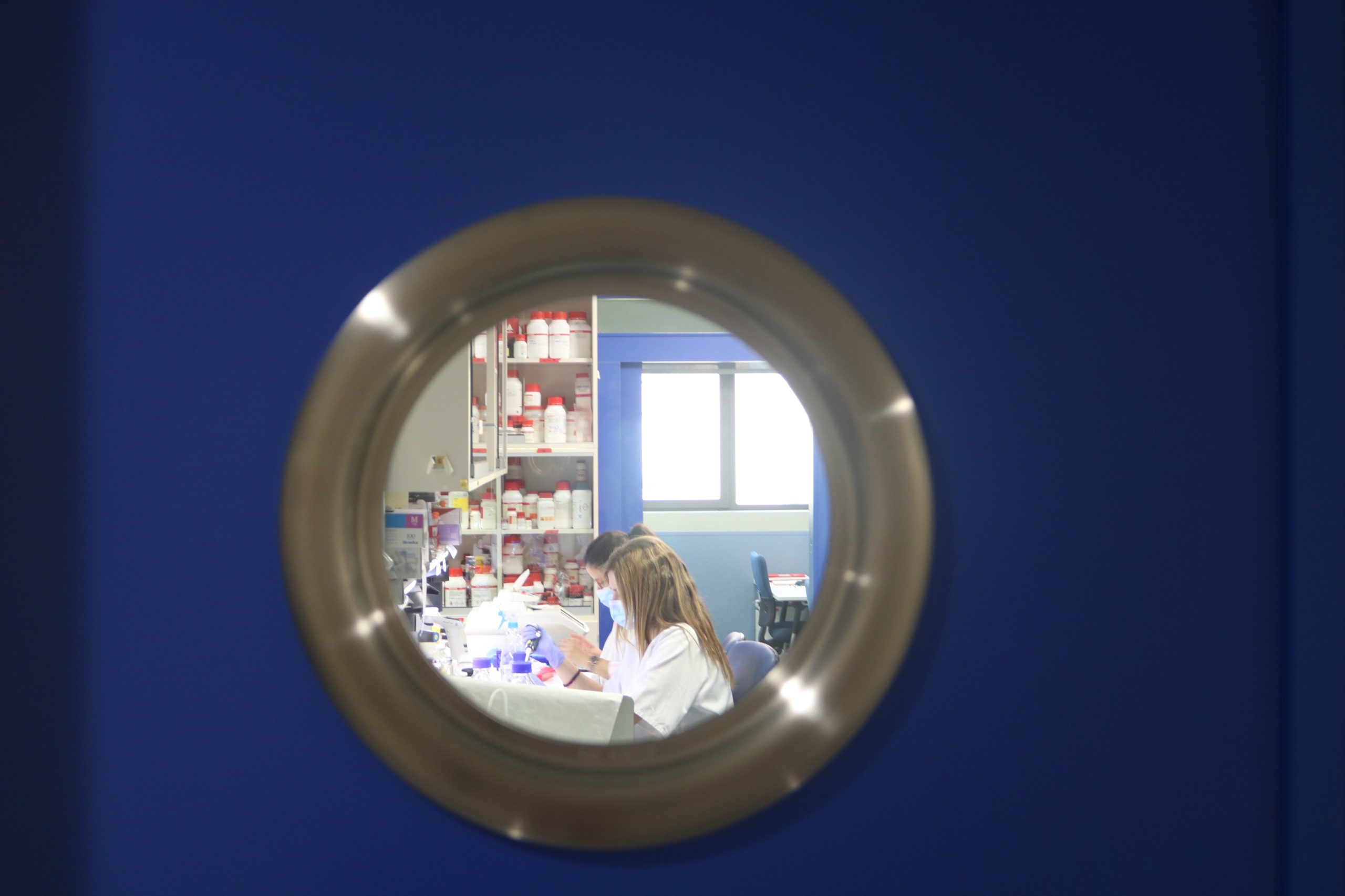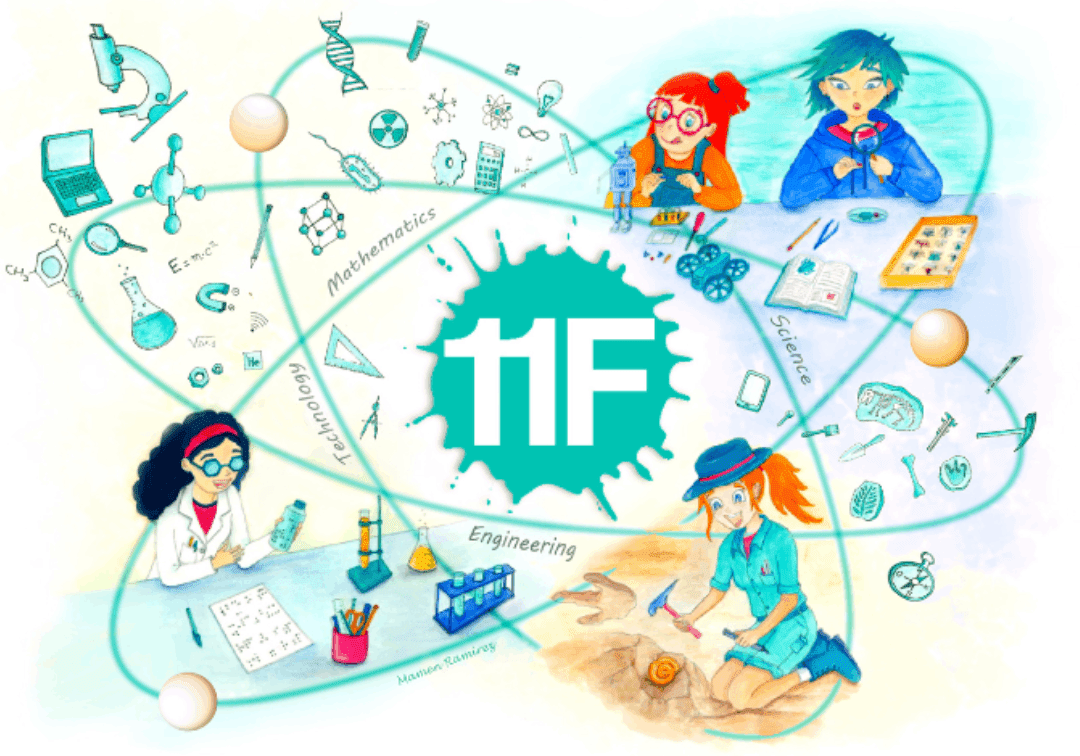
There are no projects in the garbage can.
To celebrate the 2024 Nobel Prize in Physiology or Medicine that has been awarded for the discovery of microRNAs, Nature Portfolio presents a collection that brings together key research, including work from a research group led by Dr Sara R. Heras of the GENyO centre.
The Nobel Prize in Physiology or Medicine 2024 has been awarded to Victor Ambros and Gary Ruvkun ‘for the discovery of microRNAs and their role in post-transcriptional gene regulation’. To celebrate, Nature Portfolio has launched a special collection that includes 25 papers on microRNAs from the past 21 years, highlighting their impact on physiology and disease.
Among these selected papers is research by the group led by Dr Sara Rodríguez Heras, a researcher at the University of Granada and the GENyO Centre, which was published in 2020 in the journal Nature Communications, entitled: ‘The tumour suppressor microRNA let-7 inhibits human LINE-1 retrotransposition’. This article reveals an unexpected role of the let-7 microRNA, known for its tumour suppressor action, in protecting the genome against the mutagenic effects of mobile genetic elements.
Mobile genetic elements, which are segments of DNA capable of moving within the human genome, are particularly active in certain types of cancer, where their mobility is associated with poor prognosis and even tumour initiation.
The let-7 microRNA, originally described by Victor Ambros, is known for its ability to reduce the expression of oncogenic proteins. The study carried out by Sara R. Heras, Pablo Tristán, Alejandro Rubio, Guillermo Peris and Laura Sánchez, among other researchers, reveals that the let-7 microRNA also acts to protect the genome, maintaining its integrity against the mutagenic effects of mobile genetic elements. This opens up new avenues for research into the role of microRNAs as DNA protectors and their relevance in diseases such as cancer.
The recognition of this work by the journal Nature highlights the importance of the studies carried out at the University of Granada and GENyO, a centre conceived as a space for research excellence on the genetic basis of diseases and oncology.
Nature Portfolio Collection: https://www.nature.com/collections/eaeegjjefc
Read the full publication: The tumor suppressor microRNA let-7 inhibits human LINE-1 retrotransposition
See more news


